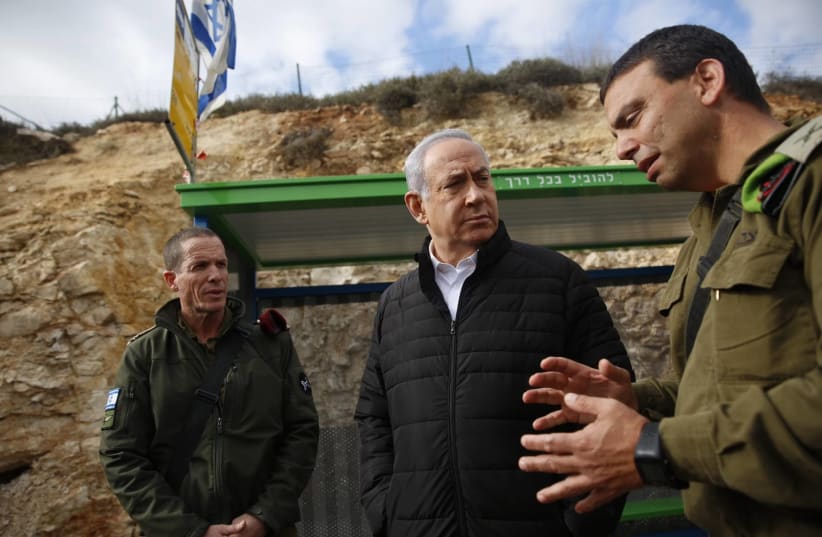Analysis: Does Netanyahu care about ICC relations or not?
Following the Palestinian terror attacks on Thursday, which themselves followed earlier attacks, Netanyahu seems to have given the green light to moves likely to cause the ICC to see nothing but red.
